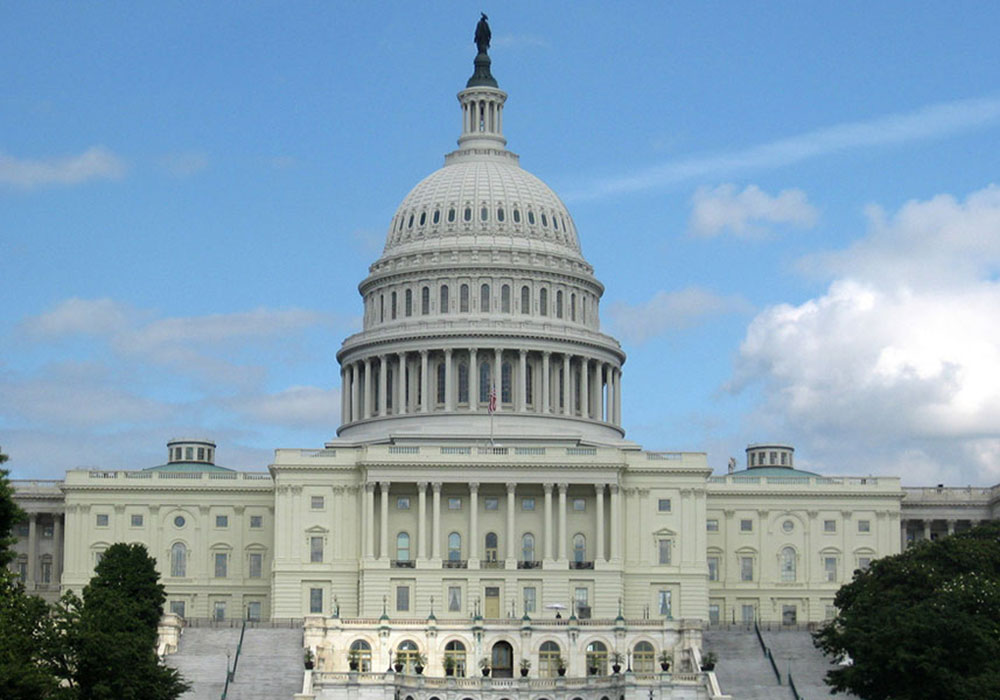Bipartisan Drug Pricing Bill Slated for June 2019
Trying to find a path forward is a common theme among elected officials in Washington, DC, and drug pricing appears to be a bipartisan initiative. In that vein, Senator Chuck Grassley (R-IA)— working with representatives from both sides of the aisle—announced his plan to release a drug pricing proposal by the beginning of summer 2019.
Exorbitant costs for life-saving medications—like those used to treat many cancers—are often too much for patients to bear. Balancing private sector needs and support for research and development is crucial, but voters want policymakers to find a way for patients to access affordable prescriptions—it’s a national priority. Senator Grassley’s drug pricing proposal is set to release in June 2019, and it will be interesting to see how it attempts to tackle the nation’s cost concerns.
Finding New Ways to Curb Youth Smoking
With the advent of mechanisms like electronic cigarettes, vaping, and flavored pods, the number of minors smoking has spiked considerably in recent years. To curb the onslaught of young smokers, pharmacy giant Walgreens moved to increase the age of purchase for tobacco products, mirroring what is happening in many state legislatures throughout the country.
In the case of vaping companies like Juul, rather than dedicate marketing to current smokers, the company’s advertising is hitting younger, potential smokers. Despites claims to the contrary, Juul is spending big money to lobby against changes to its marketing practices. ONS works in coalitions to prevent access to these new products, particularly those that attempt to reach minors.
Nursing Union Declares Support for Medicare for All
With potential changes to the Affordable Care Act and a new wave of progressives in Congress, the call for single-payer health care like Medicare for All has taken on new life. Many Democratic presidential candidates support fully funding the effort. Even those who are reluctant to embrace it because of cost reasons believe that a safety net must be implemented to cover more Americans.
Nurses, as the most trusted profession in the country, have a respected voice in healthcare conversations. When National Nurses United made a formal statement in support of Medicare for All, policymakers noticed. Although most nursing organizations have no policy on the program, the conversation continues among providers. Cost and coverage issues are a real part of practice—for both clinicians and their patients—and nurses will have to decide where they stand.






